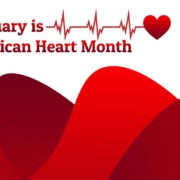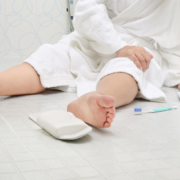Vamp Disease: Inflammation on the Top of Your Foot
Lacing your shoes too tight might leave you with a lesser-known podiatric condition called Vamp Disease. This refers to inflammation on the top of your foot caused by irritation from the upper part of your shoe, aka the vamp.
The mechanism behind this spooky-sounding condition is essentially nerve compression from said tightness. But Halloween’s over, and we at Carrollton Foot Center aren’t here to lecture you on the science. Instead, let’s talk about causes, symptoms, and treatment.
Causes of Vamp Disease
Besides excessive shoe friction, these are other causes of Vamp Disease:
- Improper gait: An abnormal walking pattern, such as pronation (rolling inward), can cause increased pressure on the big toe during push-off.
- High-impact activities: Activities that involve repetitive pounding on the forefoot, like running or jumping, can increase the risk of irritation.
- Hypermobility: Individuals with loose ligaments in the foot may experience increased strain on the tendons around the big toe.
Symptoms of Vamp Disease
Pain is the most common symptom of vamp disease, often described as a burning or aching sensation on the top of the big toe, particularly when wearing shoes or engaging in activities.
Chronic friction can also lead to the development of a thickened, hardened area of skin, known as a callus, on the top of the big toe.
Diagnosis of Vamp Disease
A podiatrist can diagnose vamp disease through a physical examination. They will assess your foot structure, gait pattern, and the location and nature of your pain. X-rays may be ordered to rule out other potential causes of pain (like a stress fracture).
Treatment of Vamp Disease
Treatment for vamp disease focuses on reducing inflammation and preventing further shoe irritation. For instance, wearing shoes with a softer, more flexible vamp or opting for wider shoes can greatly reduce pressure on the affected area.
Custom orthotics can also help redistribute pressure and improve foot biomechanics that reduce stress on the big toe.
Consult with Board-certified podiatrist Dr. Naghmeh Lilly Khavari, an esteemed professional who is dedicated to her patients in Denton, Dallas, and Collins Counties. Dr. Khavari treats a wide range of conditions, from ingrown toenails to foot and ankle injuries. Call Carrollton Foot Center’s office (located in Carrollton, Texas) at (469)-998-3668 to schedule your first appointment today!














Leave a Reply
Want to join the discussion?Feel free to contribute!